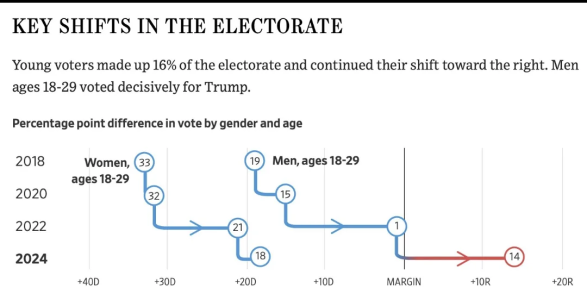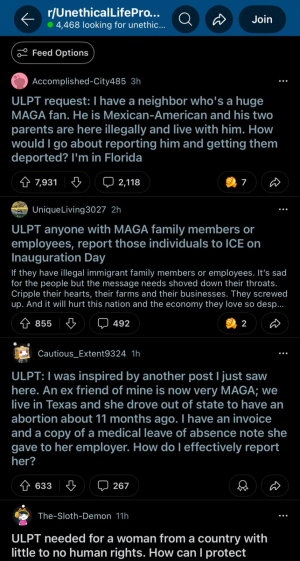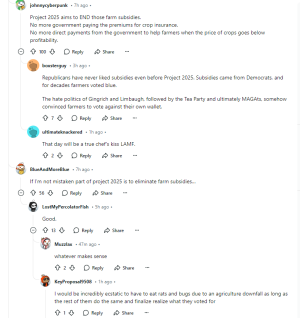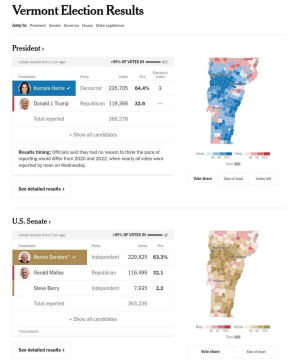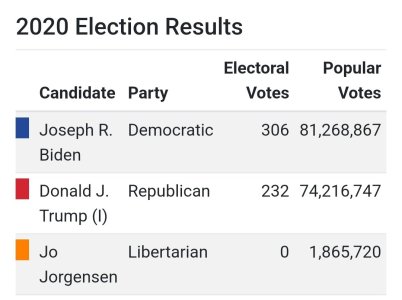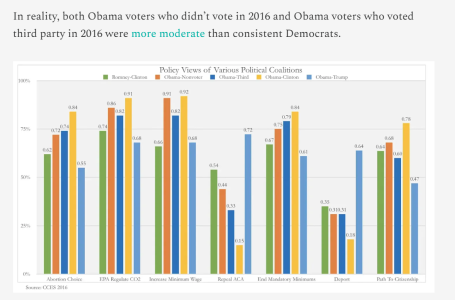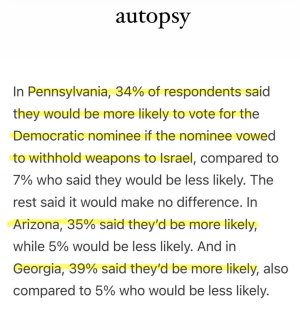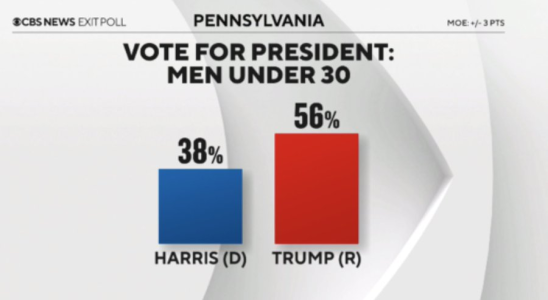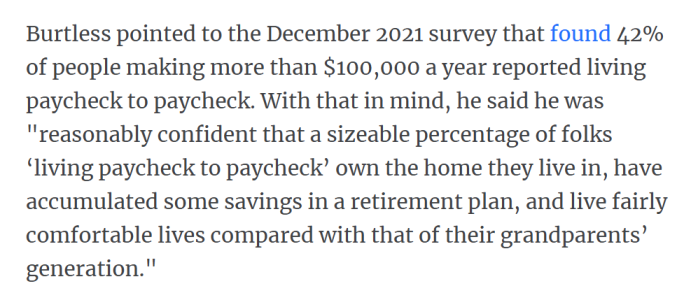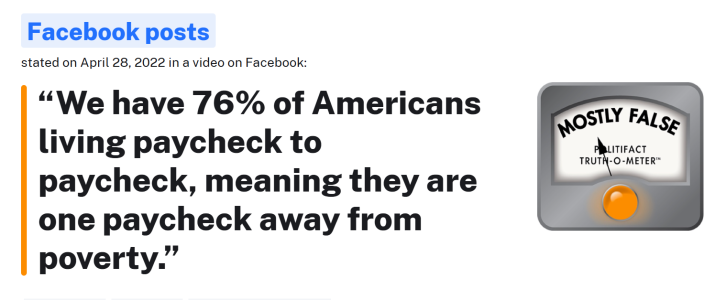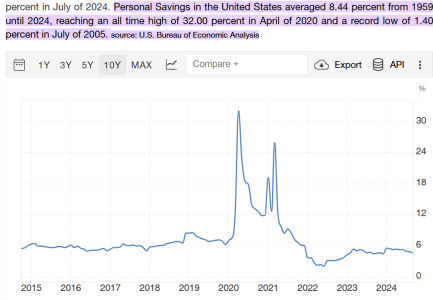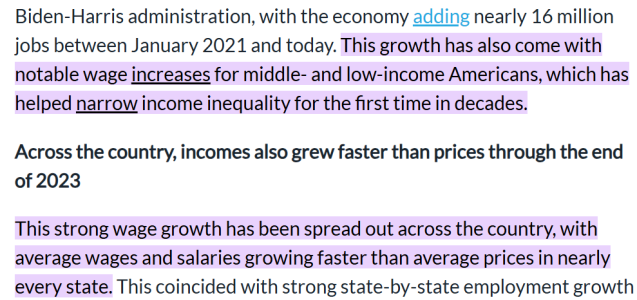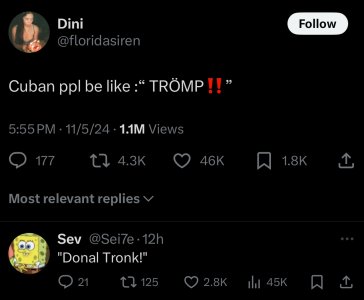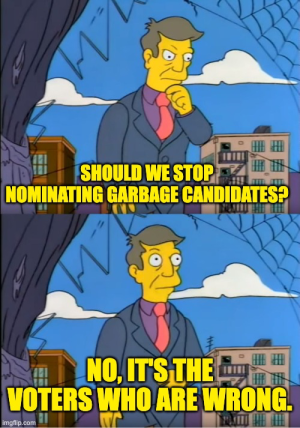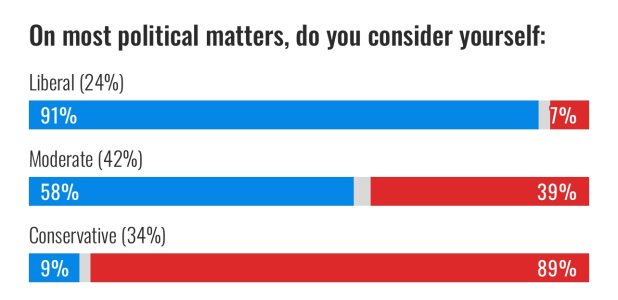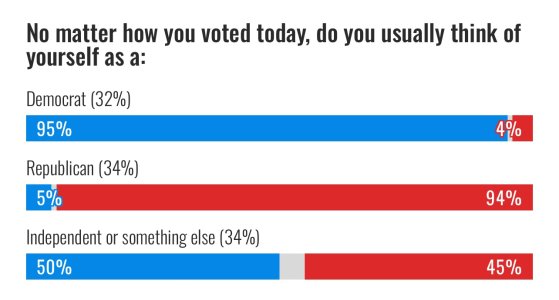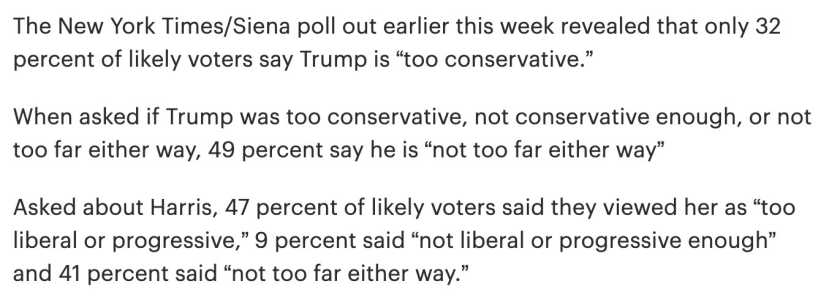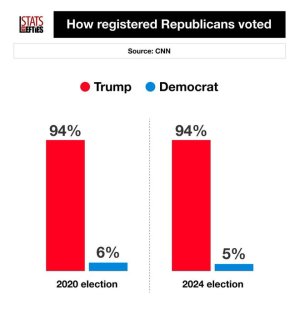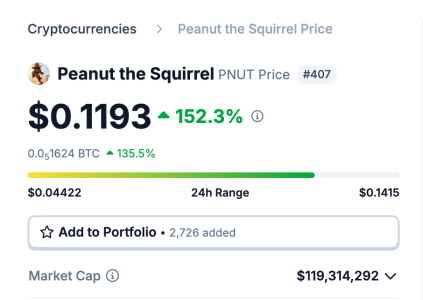Had he been paid the success fee, Mr. Cohen’s deal with Mr. Haney could have been among the most lucrative of the
known consulting agreements he securedafter Mr. Trump’s election by emphasizing
his personal relationship with the president, according to people familiar with his pitches.
The president has
since severed ties with Mr. Cohen, who is
under federal investigation in New York in connection with his
work for Mr. Trump and
private business dealings.
Authorities are investigating whether Mr. Cohen
engaged in unregistered lobbying in connection with his consulting work for corporate clients after Mr. Trump went to the White House, according to people familiar with the probe.
Investigators are also examining potential campaign-finance violations and bank fraud surrounding, among other deals,
Mr. Cohen’s October 2016 payment to Stephanie Clifford, the former adult-film star called Stormy Daniels, to keep her from discussing an alleged sexual encounter with Mr. Trump, according to people familiar with the probe. Mr. Trump denies any encounter took place.
“Neither Mr. Haney nor Nuclear Development LLC ever entered into a contract with Michael Cohen or his affiliate for lobbying services related to the Bellefonte project,” said Larry Blust, a lawyer for Mr. Haney, referring to the name of the company Mr. Haney is using for the project. He declined further comment about the project or Mr. Cohen.
A representative for Mr. Cohen declined to comment. The White House didn’t respond to a request for comment.
Under the contract, Mr. Haney agreed to pay Mr. Cohen a monthly retainer in addition to the $10 million success fee if he could help obtain the funding, including approval of the full amount of the project’s application under a U.S. Department of Energy loan program, the people familiar with the deal said.
Mr. Cohen’s fee would be reduced proportionally if he helped obtain less funding than the contract stipulated, according to a person familiar with the agreement.
A loan application by Mr. Haney’s company is still pending at the Energy Department. Mr. Cohen hasn’t communicated with Energy Secretary Rick Perry about Mr. Haney’s project, according to the Energy Department. Mr. Cohen made several calls to officials at the Energy Department in the spring to inquire about the loan guarantee process, including what could be done to speed it up, according to a person familiar with the matter.
The Wall Street Journal couldn’t determine how much Mr. Haney may have paid Mr. Cohen, if anything, in monthly retainer fees.
The agreement was made shortly before Mr. Cohen’s home, office and hotel room were
raided by federal agents on April 9, according to the people familiar with the contract. It is no longer in effect, one of them said.
James Thurber, a professor of government at American University, said success fees are “outside the ethical norms” among Washington lobbyists and are frowned upon. Century-old court rulings deemed fees contingent on lobbyists obtaining public funds or killing legislation unenforceable and counter to public policy, saying they encouraged corruption, he said. Several lobbyists contacted by the Journal said $10 million was an unheard-of sum to pay a consultant for government-related work.
There is no blanket federal ban on success fees being included in contracts for Washington lobbyists. And modern courts may be more disposed to such fees now that lobbying is deeply entrenched in law and policy-making and subject to stricter regulation, such as registration requirements, some lobbying experts say.
Mr. Cohen has never registered as a federal lobbyist, public records show.
Manhattan federal prosecutors have contacted some of Mr. Cohen’s other consulting clients, including
AT&T Inc. and
Novartis AG ,
the Journal has previously reported, citing people familiar with the matter. Those companies said they paid Mr. Cohen a total of $1.8 million since Mr. Trump took office for his insights into the administration. Both have
said he didn’t do any substantial work for them.
Mr. Cohen’s work for Mr. Haney included participating in an April 5 meeting during which he helped the donor pitch the vice chairman of the Qatar Investment Authority, Sheikh Ahmed bin Jassim bin Mohamed al-Thani, on a possible investment in the nuclear plant,
the Journal reported in May, citing people familiar with the matter.
The meeting took place near Miami Beach, where a Qatari delegation had come to promote business ties with the U.S. Mr. Cohen spent a night on Mr. Haney’s yacht during the trip, one of those people has said.
There is no indication that the Qataris have decided to invest with Mr. Haney. A Qatar spokesman in Washington has confirmed the meeting. A representative of the Qatari sovereign-wealth fund didn’t respond to a request for comment.
Mr. Haney’s company, Nuclear Development, entered into a $111 million contract in November 2016 to purchase the partially completed Bellefonte Nuclear Plant from the Tennessee Valley Authority. Mr. Haney has until November to close on the purchase.
A month after the purchase agreement, in December 2016, Mr. Haney donated $1 million to the Trump inaugural fund through a corporate entity, Federal Election Commission records show. He had previously backed mostly Democrats.
Nuclear Development and Mr. Haney’s main company, Franklin L. Haney Co., have spent nearly $1.1 million since the end of 2016 lobbying the federal government and Congress on issues related to nuclear power, according to federal lobbying records.
In
a May 14 letter to Mr. Trump reviewed by the Journal, on which Mr. Perry was copied, five members of Congress urged the administration to finish reviewing Nuclear Development’s loan application, describing the project as an engine for economic development.
Dong Kim, chief operating officer for the Energy Department’s Loan Programs Office,
responded in a letter reviewed by the Journal that the agency would address the application “as quickly as possible, while still performing the necessary due diligence to protect taxpayer interests.”













